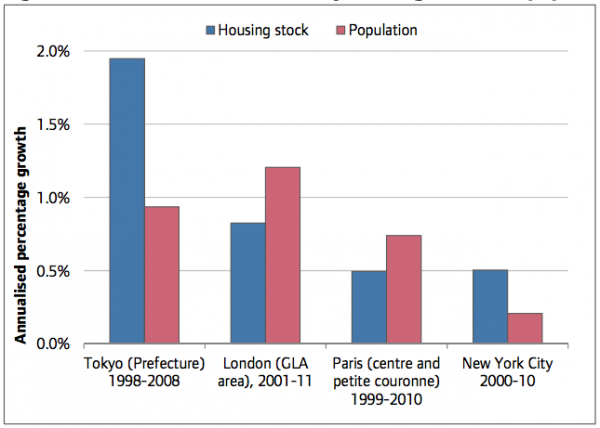By Martin Fackler, New York Times
Published: December 25, 2013
TOKYO — The 20-somethings in jeans sipping espresso and tapping on laptops at this Tokyo business incubator would look more at home in Silicon Valley than in Japan, where for years the surest signs of success were the gray suits of its corporate salarymen. But for those hoping the nation’s latest economic plan will drag Japan from its long malaise, the young men and women here at Samurai Startup Island represent a crucial component: a revival of entrepreneurship.
The signs of that comeback are still new, and tentative enough that the statistics on start-ups and initial public offerings have not caught up. But analysts and investors report that hundreds of new Internet and technology-related companies have sprung up in the last two to three years, creating an ecosystem of incubators like Samurai Startup Island and so-called accelerator new venture investment funds, which invest in early-state start-ups in hopes of cashing in.
Some top universities — the same ones that have long defined success as a job in an established company or elite government ministry — have begun not only to create their own incubators and venture funds, but also to develop curriculums on birthing start-ups. And while some young entrepreneurs say real progress will come only if Prime Minister Shinzo Abe acts as promised to shake up Japan’s hidebound corporate culture, they say the stock market rally and broader optimism created by the economic plan known as Abenomics are already making it easier to find investors and customers.
“This is the beginning of something that could rejuvenate Japan,” said Mitsuru Izumo, the founder of Euglena Corporation, a biotechnology start-up valued at $1 billion, and one of the country’s most prominent new entrepreneurs. “If we don’t unleash our youth, then Japan will become too weak to survive another blow like Fukushima. Entrepreneurship is Japan’s last chance.”
For years, sagging entrepreneurial spirit has been cited as a major reason for Japan’s inability to save itself from a devastating deflationary spiral. The nation that produced Sony, Toyota and Honda has created few successors.


 RSS Feed
RSS Feed

